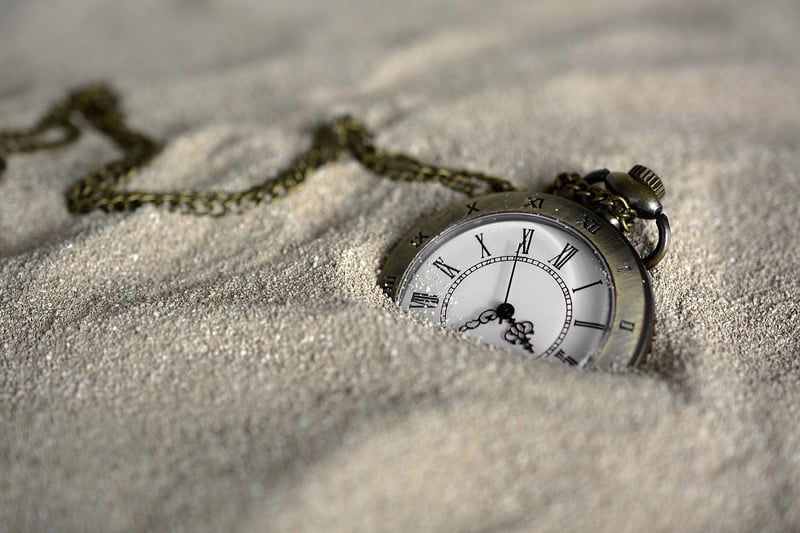Time-Travel Ethics
Embark on Temporal Journeys: Understanding Time Travel

Time travel has long been a fascinating concept in science fiction, capturing the imagination of many. The idea of journeying through time, whether to the past or the future, opens up a world of possibilities and questions about the nature of reality and ethics.
Theories of Time Travel
There are various theories surrounding time travel, including the concept of closed timelike curves, parallel universes, and the butterfly effect. Each theory offers a different perspective on how time travel could potentially work.
Paradoxes and Dilemmas
Time travel raises numerous paradoxes and ethical dilemmas. The grandfather paradox, for example, questions what would happen if you were to go back in time and prevent your grandfather from meeting your grandmother, thus preventing your own existence.
Time-Travel Ethics
When considering time travel, ethical considerations come into play. Is it morally acceptable to change past events? What are the consequences of altering the course of history, even with the best intentions?
Temporal Responsibility
With great power comes great responsibility, and this holds true for time travel as well. The actions taken while traversing through time can have far-reaching consequences, impacting not only the traveler but the entire timeline.
Final Thoughts
While time travel remains a theoretical concept, exploring its implications can offer valuable insights into our understanding of causality, free will, and the ethical considerations of altering the past or future.
Embark on a journey through the realms of time and space, but remember to tread carefully and consider the impact of your temporal actions.
References: Wikipedia - Time Travel
